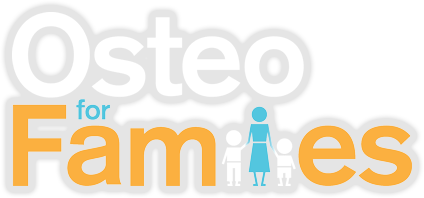CHILDREN AND YOUNG PEOPLE MOVE!!!
The benefits of being active every day can not be underestimated. Regular exercise impacts social, emotional, intellectual and physical health.
Exercise can
Build cooperation and teamwork skills
Build self esteem and confidence
Lower anxiety and stress
Build stronger muscles and bones
Lower the risk of unhealthy weight gain
Improve coordination and movement skills
Improve concentration
Improve social behaviour
The recommendation is that children and young people (adolescents) do an accumulated 60 minutes of exercise each day.
At least 3 of those days in a week, should be a vigorous exercise that makes your heart beat faster and you struggle to carry a full conversation.
There should be 3 sessions a week where the exercise should include muscle and bone strengthening activities such as running, jumping, lifting weights, climbing, push ups and other weight bearing activities.
This seems a lot but broken up throughout the day can make it much easier to achieve.
It is important to limit the time sitting or lying down as long periods of sitting can lessen benefits from being active. It is recommended that children and young people spend no more than 2 hours of sedentary recreational screen time per day. Not including screen time needed for school work.
If you focus on achieving 60 mins of exercise you will find that you naturally are not sitting or lying down as much.
It is also very important to get enough good quality sleep. It is recommended that children aged 5-13 get between 9-11 hours of sleep and that people between 14-18 years old get 8-10 hours of sleep which is uninterrupted.
As kids transition more into teenages there are less opportunities for exercise and a slight culture shift from running around playing tiggy at lunch in primary school to mainly sitting at highschool. There are more social and physical changes occurring which can make it awkward to exercise as a teenager but it is so important to continue to encourage and support them to find something that they enjoy and are comfortable with.
If your child or younger person or teenager has things that are stopping them from exercising, try and support them and get some advice this may include wearing less clingy uniforms or changing the exercise they are doing. If they are complaining about aches and pains and issues while exercising it is important to see a trusted health professional about that too. There are some conditions which are common for children as they grow and are active.
Our osteopaths have had experience with a range of sports and understand how important it is for everyone. Their goal is to keep you involved in your sports and exercise even if it’s modified and then get you back to full function as quickly as possible.

